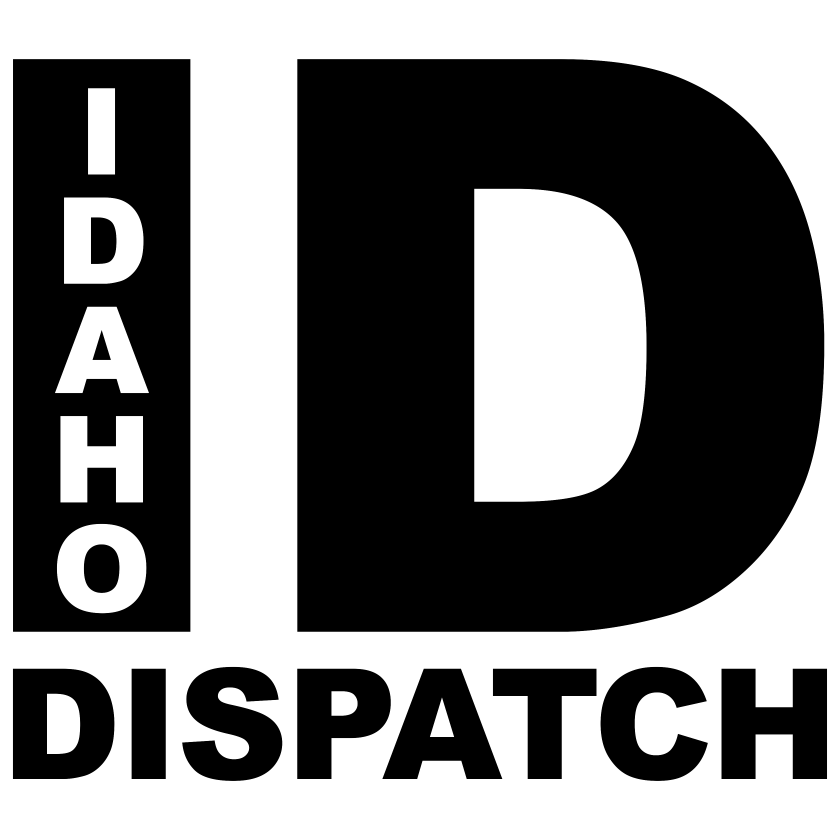
Op-Ed: Dam Breaching Would Hurt Idaho’s Farmers
By Carl Crabtree • June 11, 2022The following Op-Ed was submitted by Sen. Carl Crabtree. Note: Op-Eds do not necessarily reflect the views and opinions of those at the Idaho Dispatch.
Agriculture is the backbone of Idaho. The agricultural industry is one of the largest contributors to the state’s economy, and our farmers’ crops feed people all over the world. A big reason why this is possible is thanks to the dams along the Snake River.
Now, the state of Washington’s democratic Governor Jay Inslee and U.S. Senator Patty Murray are advocating for the removal of the four dams along the lower Snake River. In a recently published report, they say breaching the dams is the only way to save the endangered salmon species. But what they fail to mention is the damaging impacts the dam breach would have on Idaho’s agricultural communities.
I’ve been fighting for this my whole life, and I plan to keep on fighting. We need to keep the lower Snake River dams.
Along the Snake River is Idaho’s only seaport – the Port of Lewiston. Surrounding this port is a majority of Idaho’s farmland. Our farmers currently utilize barges on the river system to affordably transport their crops. According to the Columbia River System Operations Environmental Impact Statement, 10% of the world’s wheat exports move through this river system. It is the top wheat export gateway in the nation and the 3rd largest grain export corridor in the world. The four dams on the lower Snake River are crucial for Idaho farmers to get their crops to market and for our state’s economy.
Removing the dams would mean a large increase in transportation costs, because it would eliminate barge transportation. In 2018 – 87% of the downward tonnage on the lower Snake River was from wheat. Federal studies estimate average transportation costs would go up by 10 to 33%.
Our farmers would have to find ways to cover those costs. People would lose their jobs. And our agricultural output would go down significantly. It would be left to the farmers to eat into their own pockets to cover these new costs. But it is more likely consumers would be the ones footing the bill.
Speaking of consumers, energy costs would also go up. The Columbia River System Operations Environmental Impact Statement says 5 counties in Idaho will be directly affected, and the majority of Idahoans around the Lewiston port live in rural communities. It is not feasible for those families to try to shoulder a 25% increase to their energy bill. Especially as the U.S. deals with record high inflation numbers.
Not only would costs go up – the sheer amount of farmable land would decrease as well if the dams were breached. Right now – 48,000 acres of farmland rely on these dams for irrigation. Breaching them would mean a loss in food production for our region. An entirely new irrigation system would need to be reimagined and built. And once again, costs for everyday items would go up.
All these effects are real and extremely likely outcomes if the four lower Snake River dams are breached.
The revival of the endangered salmon population is very important. But it is an undertaking that needs more planning. The Inslee/Murray report offers no guarantee that salmon numbers will go up if the dams were gone.
Taking out a vital component of Idaho’s transportation system, that small farmers rely on, would mean the people of Idaho would be directly impacted. Energy, food, and road repair costs go up. Farmers would have to make serious changes to their operations, which could take years.
We need to keep the lower Snake River dams. We might not notice the dams are here today – but we will notice if they’re gone.
###
Tags: Carl Crabtree, Columbia River, Dam, Snake River, Snake River Dam
11 thoughts on “Op-Ed: Dam Breaching Would Hurt Idaho’s Farmers”
Comments are closed.








Simpson’s plan accounts for all of these issues. The vast majority of Idaho’s farmers never ship anything on a Snake River barge. In fact, most Idaho farmers get by just fine without a federally subsidized transportation scheme.
Oh so now this is a “federally subsidized” transportation scheme?
Is an airport a federally subsidized transportation scheme? Does that mean you never fly from airports?……or drive on a federally built freeway?
Stop embarrassing yourself.
Interesting that Idaho’s idiot representative Mike Simpson was not mentioned in this article for his advocation of and complacency.
The enlightened I duh ho voters reelected Simp again.
How is it that the potential livelihood of salmon, supersedes the survival and livelihood of people. Theirs is an emotional argument designed to make the opposer feel guilty. On the playground we call these people bullies. Someone should ask those politicians how effectiveb the Salmon crossing signs littered all over WA roadways, have benefited the salmon.
Thank you Sen Crabtree for being in this fight. As for Simpson, seemingly conservative, cannot explain his actions on this one. The call for clean energy is truly a farce when hydro production, which is the cleanest, is destroyed on a whim like saving salmon. Maybe salmon should be saved at their ocean entry where they are the diet of sea lions and such predators….and don’t forget the fisherman.
Also, for the Asia country.
When we start placing fish above people, we expose our true priorities.
Hmmmm something smells fishy
Senator Crabtree is RIGHT on this one!
The following paragraph alone pretty well exposes the ploy and obvious hidden agenda behind those powers so intent on removing what works and serves us well:
“The revival of the endangered salmon population is very important. But it is an undertaking that needs more planning. The Inslee/Murray report offers no guarantee that salmon numbers will go up if the dams were gone.”
Thank you, Senator, and please keep up your good efforts here!
But incidentally (agreeing with “Idaho Seven” commentator above), I, too, am a little surprised that there was no mention of the determined, “signature” efforts of Idaho career politician Mike Simpson regarding this issue….and I, for one, am sorry that HE’s been reelected!
Carol
Agreed!
Even the Idaho Green Party opposed breaching the dams, on account that the silt and debris let loose would never settle for many years, polluting the rivers and rendering them useless for any recreational or economic benefit.
This is just another fake problem to be “solved” by destroying more infrastructure.